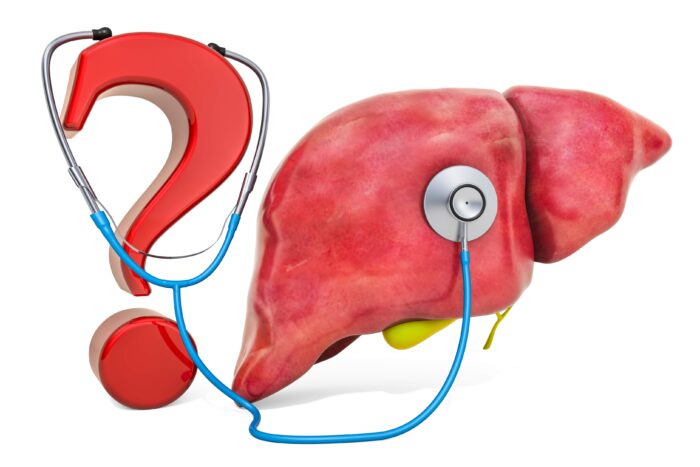What Are Some Misconceptions That People Have About Gallbladder Surgery, and What Is Really True?
The gallbladder is responsible for storing bile in your body to help break down fatty foods for digestion. And while many people tend not to think of the gallbladder as a central or crucial organ in the body, the reality is that when the gallbladder stops acting correctly, men and women can experience pain (sometimes debilitating). However, because the gallbladder is not usually one of the first organs of the body to come to mind, many people find themselves misunderstanding the gallbladder and issues with the organ, including gallbladder surgery. Below, you will find some of the misconceptions people often have about the gallbladder, along with what’s actually true.

Why Do People Have Gallbladder Surgery?
When there is an imbalance in the chemical structure of bile inside the gallbladder, gallstones can form. These hardened forms of digestive fluid can gather in the gallbladder and get stuck in the gallbladder duct, which causes a blockage of bile. This backup of bile can cause the gallbladder to spasm, and when this happens, you can experience pain that can vary from dull and aching to sharp and intense.
If your gallstones cause pain (which can be felt in the upper right area of the abdomen as well as the center of the abdomen and in the back, between the shoulders), then gallbladder surgery is necessary. By undergoing this procedure, you can look forward to living a fuller and more pain-free life.
What Do People Get Wrong About Gallbladder Surgery?
Your Gallbladder Remains After Surgery
So many people tend to think that gallbladder surgery is a surgical procedure in which gallstones are removed from the gallbladder. However, in truth, the entire gallbladder is removed during your surgery. This way, the source of gallbladder pain is completely gone so you can experience long-lasting improvement.
You Will Never Be Able to Eat Some of the Foods You Love
After gallbladder surgery, many people believe that they will never be able to eat fatty or spicy foods (or many of the foods that they love to eat). While it is important that you watch your diet during the first few months to a year after your gallbladder removal, you will be able to slowly incorporate many of the foods you enjoy and were not able to eat immediately following your surgery.
If You Have Gallstones, Then You Need to Have Gallbladder Surgery
The truth is that many, many people have gallstones in their gallbladders, and many of these men and women don’t realize that these stones are present. In fact, it is a relatively small percentage of people whose gallstones cause pain. And even if you know that you have gallstones, unless you experience pain and/or discomfort from these stones, you do not need to undergo gallbladder surgery.
Gallbladder Removal Will Make You Lose Weight
These days, it seems like anyone is looking for the next newest (and often most creative) form of weight-loss treatment. Some people have the misconception that gallbladder removal will cause them to lose weight. First off, gallbladder surgery is not an elective procedure. Secondly, while you may lose some weight due to a change in your diet (especially with the reduction of foods that are high in fat and grease), the reality is that your gallbladder is not going to help you lose significant weight and should not be misunderstood for what it is and what it isn’t.
Issues With the Gallbladder Are Not Deadly
Though the gallstones themselves often only cause pain, the reality is that they can be extremely dangerous and can lead to serious health issues, including infections and damage to the gallbladder and other organs (such as the pancreas and liver), which can lead to fatal complications. That is why issues with the gallbladder must be addressed in a timely manner.
For more information about gallbladder surgery, please contact Patrick Moore MD, FACS by calling 951-477-5700.




